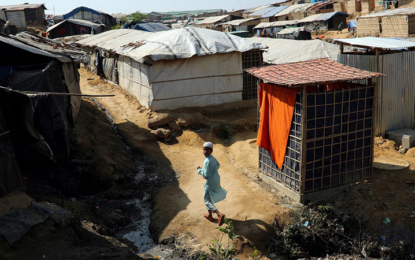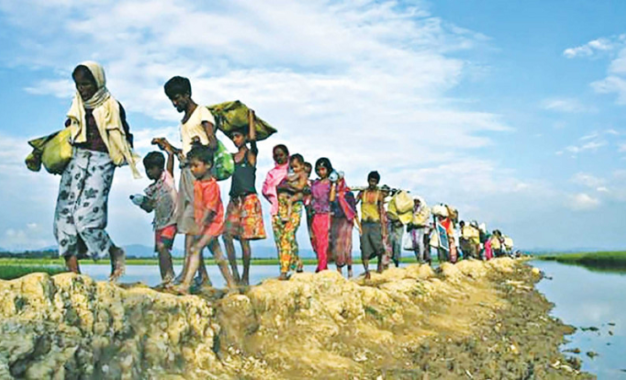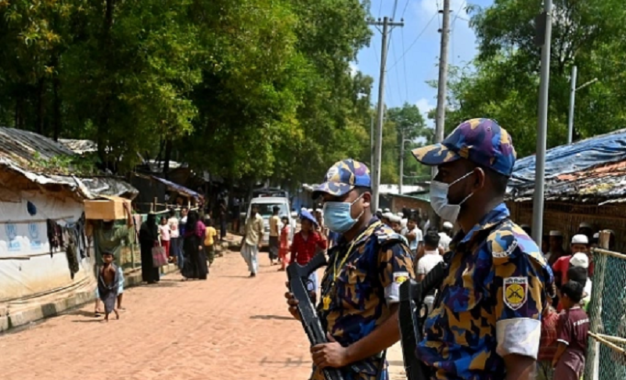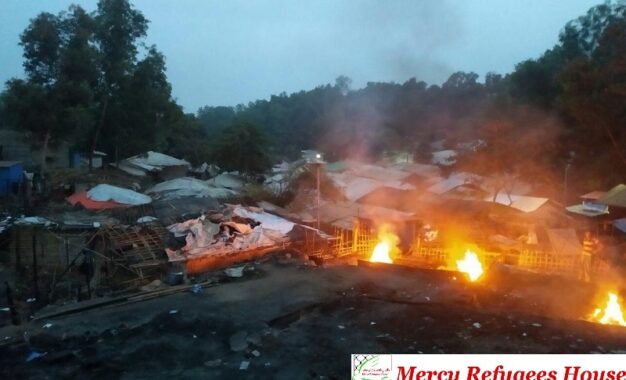Latest News
A chance of hope for child refugees in Greece’s camps

Eventually the chairs and tables had to go, chopped for firewood as the temperature sank further below freezing. It was new year in northern Greece and inside Thessaloniki’s Softex refugee camp, the wooden furniture that refugees had assiduously made to provide some comfort was sacrificed to help them survive another night.
About 66,000 refugees are stranded in Greece, of whom an estimated 26,400 are children, mostly Syrian. No one knows what 2017 holds for these youngsters, where they will end up or what language they must learn. But as winter’s numbing cold is replaced by summer’s mosquitoes, they will probably remain in situ, trapped between worlds.
Last Friday, Labour peer Alf Dubs, who last year forced the UK government to accept more unaccompanied minors, arrived in Thessaloniki to visit the city’s emergency refugee camps and immediately felt despair. He saw babies crawling on frost-crusted paths, and families shivering in flimsy tents. One volunteer told him how 60 Syrian families had been found surviving in an apartment block beyond Thessaloniki airport. Their only support was cash cards to access state handouts. The nearest shop was an hour’s walk away.
Dubs, who was brought to Britain from Czechoslovakia in 1939 as part of the Kindertransport project, predicted during a visit to the Calais “Jungle” camp last August that the squalor he saw would induce nightmares.
Amazon Sponsorship
Recent Posts
Jul 29, 2023
It has been close to six years since hundreds of thousands of Rohingya faced a deadly genocide by Myanmar’s military and fled the country in search of protection and refuge in neighbouring Bangladesh. The Rohingya population has been undergoing persecution, discrimination, arbitrary arrests, and atrocities in Myanmar for over seven decades. Their condition is alarmingly […]


















